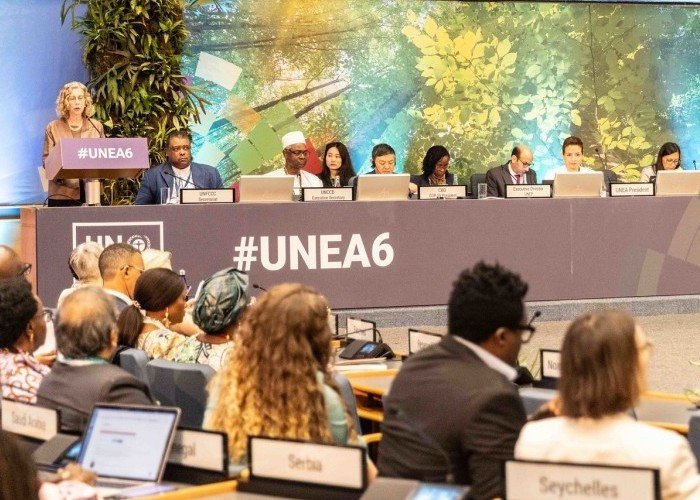Comment on Proposed Governance Framework for Harvard University's Stratospheric Controlled Perturbation Experiment (SCoPEx)
Click here to view the full submission to the SCoPEx Advisory Committee.
SilverLining's Executive Director, Kelly Wanser, and Research Director, Alex Wong, submitted comments to the Stratospheric Controlled Perturbation Experiment (SCoPEx) Advisory Committee on the proposed Public Engagement Process. SCoPEx aims to advance understanding of some aspects of aerosol microphysics and atmospheric chemistry to inform model simulations of the atmosphere that help estimate the risks and benefits of solar climate intervention, a proposed means of cooling climate.
The independent SCoPEx Advisory Committee set out to develop a process for broad and open public engagement to adequately address and explore the ethical issues and uncertainties raised by solar climate intervention (“solar geoengineering”) research. SilverLining applauds the group’s efforts to advance knowledge and governance for solar climate intervention but advises that the effort reorient to support the critical role of independent science in informed public dialogue and effective decision-making.
As we have learned from the challenges of the COVID-19 crisis, in areas where public safety is at risk, like climate change, scientific research is a matter of urgency and is essential to inform dialogue and decision-making. Any efforts to govern basic research require substantial evidence of their benefits versus the high cost to society of delay. Non-scientific influences should not influence scientific practice, research findings, or recommendations. Such interference introduces the potential for unjust influence, poses risks to decision-making and undermines public trust.
Larger societal and ethical questions are important to discuss and debate openly—these discussions should be informed by interactions with scientists, but should not influence any particular study or its findings. Public engagement should be oriented around decisions about investment in, and any potential use of, interventions versus any individual research study. Such engagement should be informed by science and should include robust mechanisms for managing dynamics like representation and bias, an area in which governmental institutions often have the most robust mechanisms.
SilverLining's recommendation to the Advisory Committee is to evolve its efforts, including the Public Engagement Plan, to better align public engagement with appropriate objects, to increase the independence of scientific review, and to explore existing government mechanisms in the United States to promote better outcomes for SCoPEx, for Harvard, and for society.
SilverLining's full submission can be found here; below are SilverLining's general comments and recommendations:
Overview:
ScoPEx is an experiment with importance to knowledge generation in an area that may be critical to the safety of communities and the stability of natural systems. It should be reviewed for safety against direct physical harms and subject to independent scientific review. It should not be delayed by processes aimed at consideration of the wider societal implications of solar climate interventions or influenced by the opinions of non-scientists.
Summary of Recommendations:
The Advisory Committee should clearly distinguish the following issues: (a) the scientific merits of SCoPEx; (b) its compliance with federal and state regulatory requirements; (c) its potential environmental and other physical impacts; and (d) the broader societal impacts of solar climate intervention research. These issues are very different and should be addressed in different ways by different bodies.
The Advisory Committee should employ an independent mechanism for scientific review of the design and subsequent findings of SCoPEx, with possible submission to the U.S. National Oceanic and Atmospheric Administration for such review.
Public engagement or any other non-scientific review should not directly influence activities or decisions for the ScoPEx experiment or any small-scale scientific experiment or research study.
The Advisory Committee should ensure general societal impacts are considered through a broader societal and political process, since they relate to solar climate intervention in general, not ScoPEx in particular. This should be undertaken at the level of interdisciplinary programs such as Harvard’s Solar Geoengineering Research Program (SGRP) and as a part of governmental and intergovernmental institutional processes.




